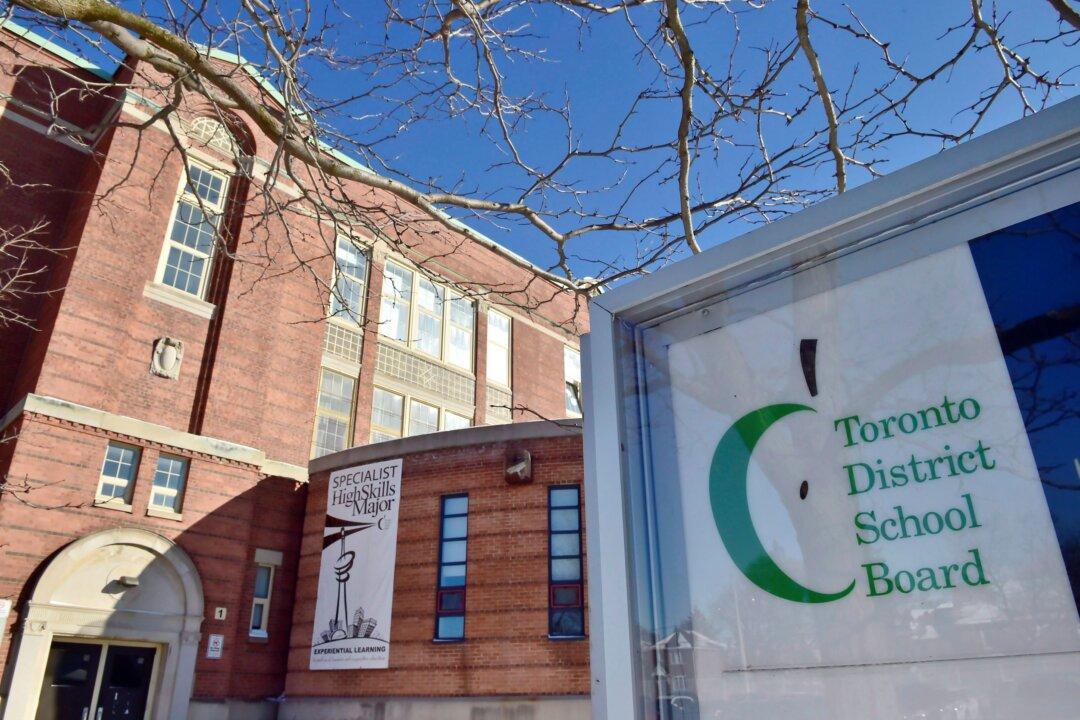A teaching resource for “challenging oppression” in the Toronto District School Board that describes white supremacy as a “structural reality” in classrooms and calls for the “decolonization” of schools has been removed as a teaching resource at the insistence of the education ministry.
The Toronto District School Board (TDSB) document issued to all teachers across Ontario’s largest school board has been labelled as “divisive” by Education Minister Stephen Lecce.





